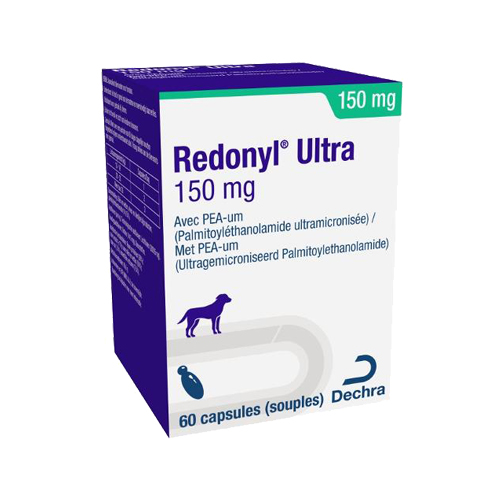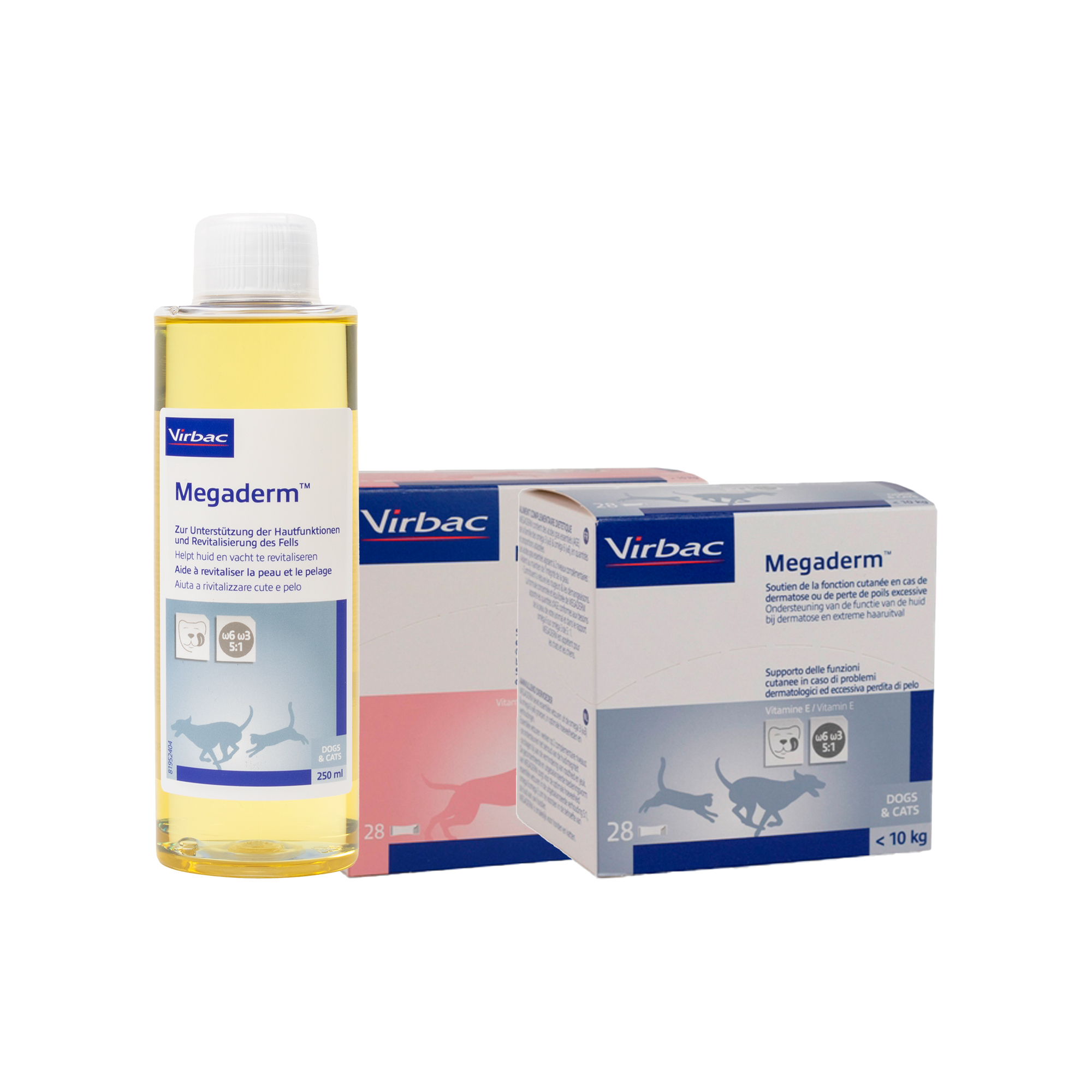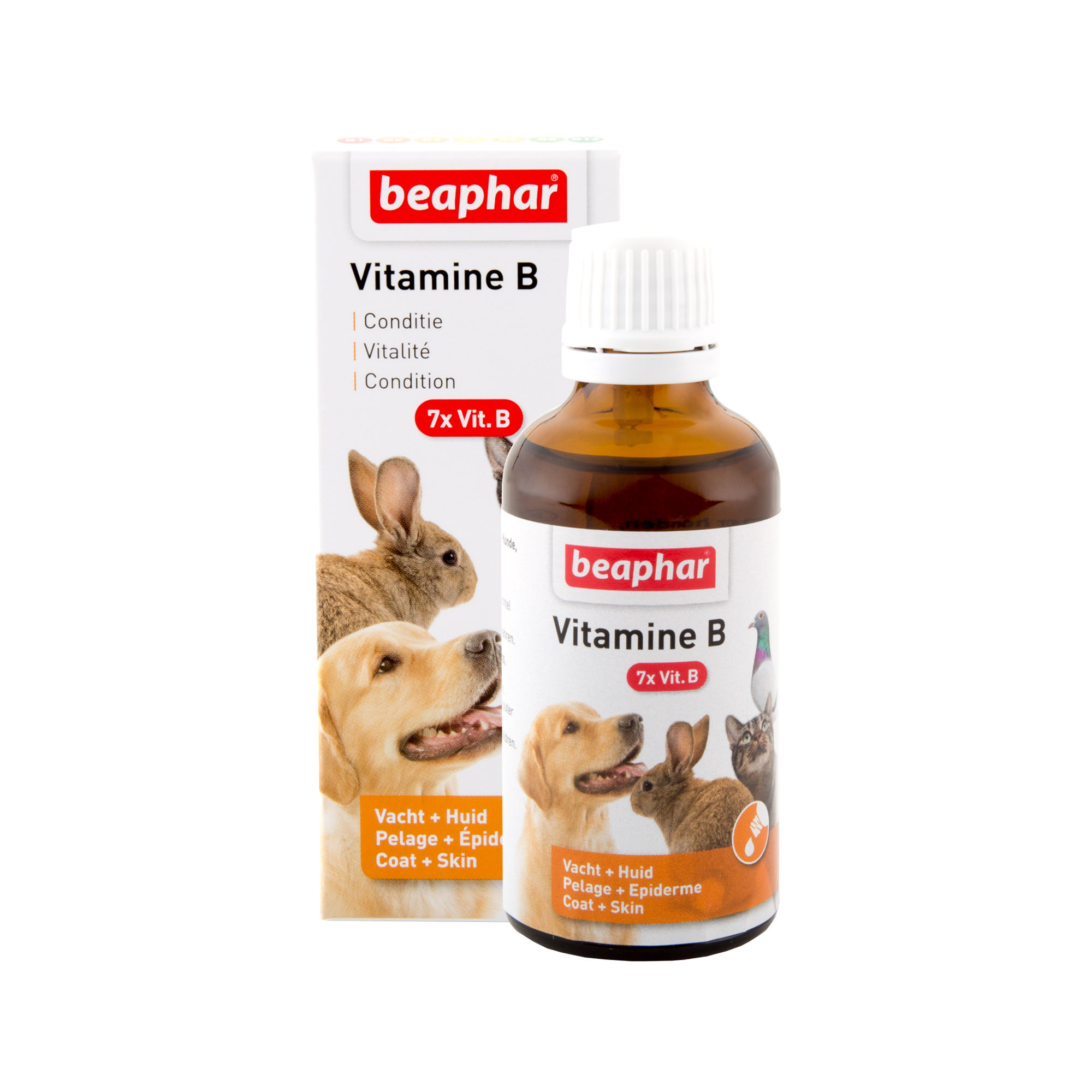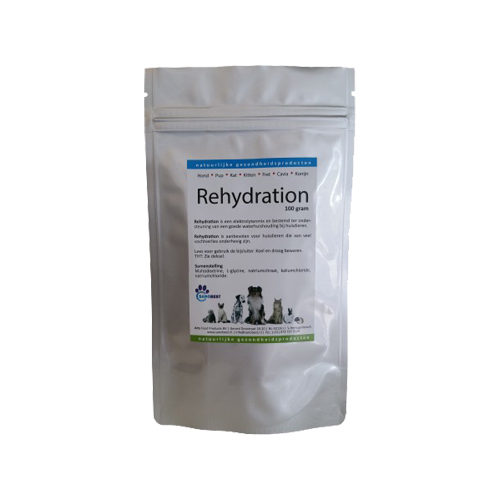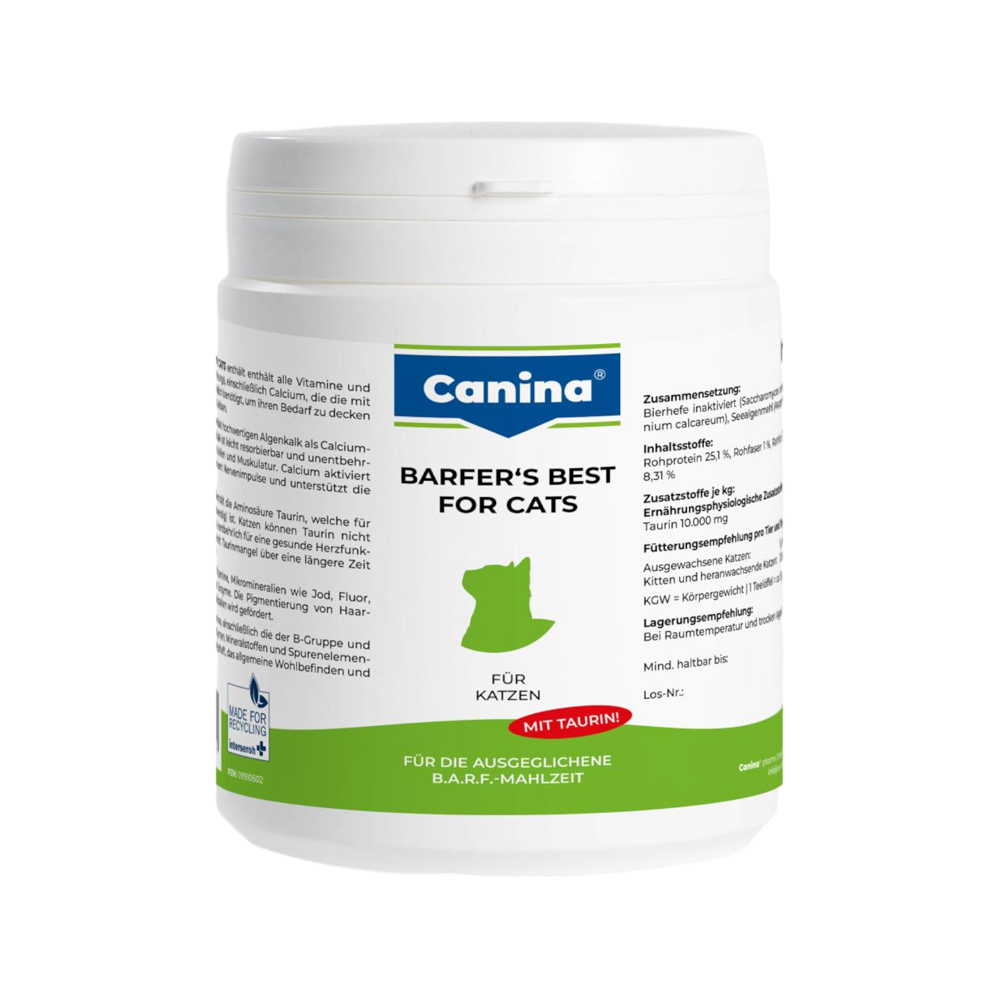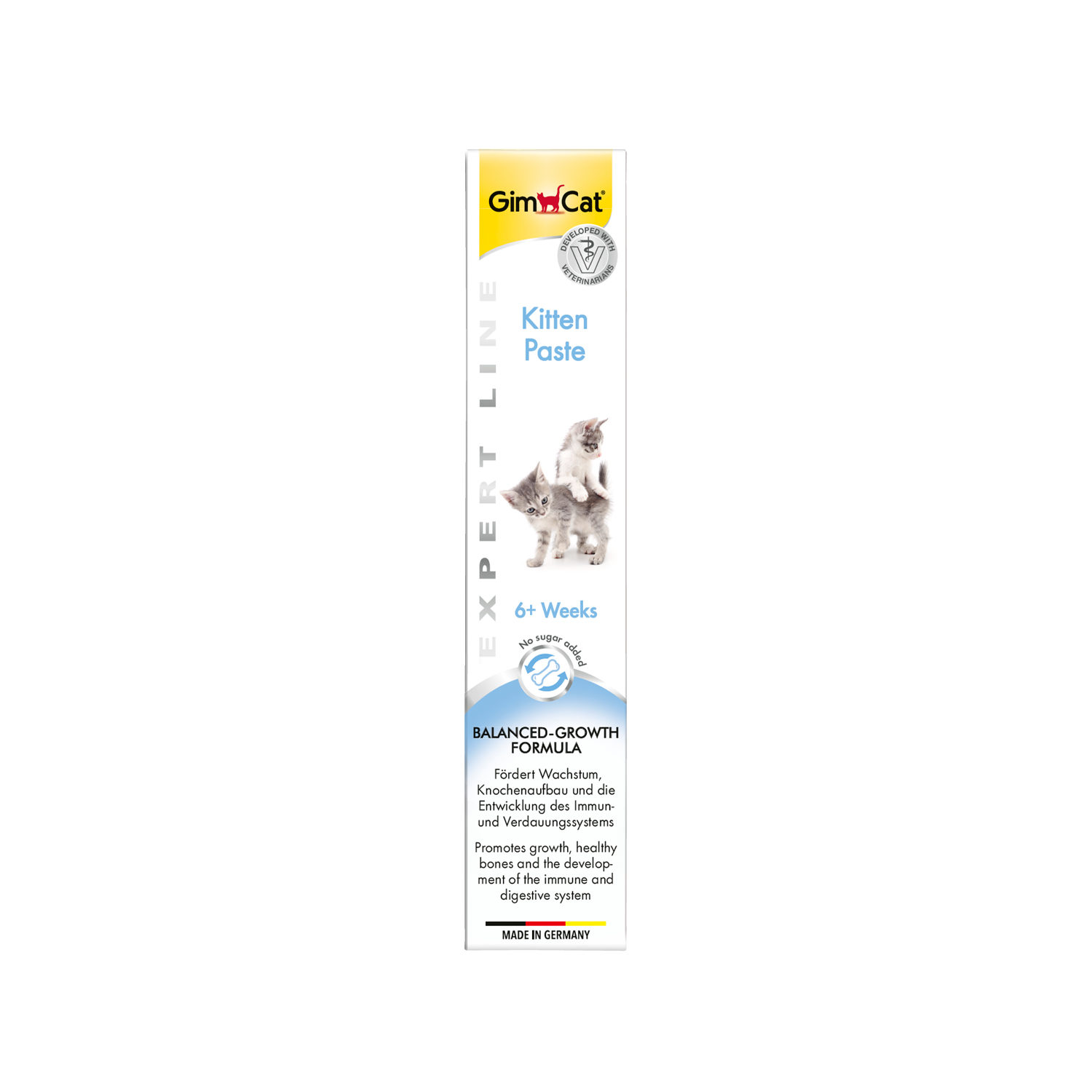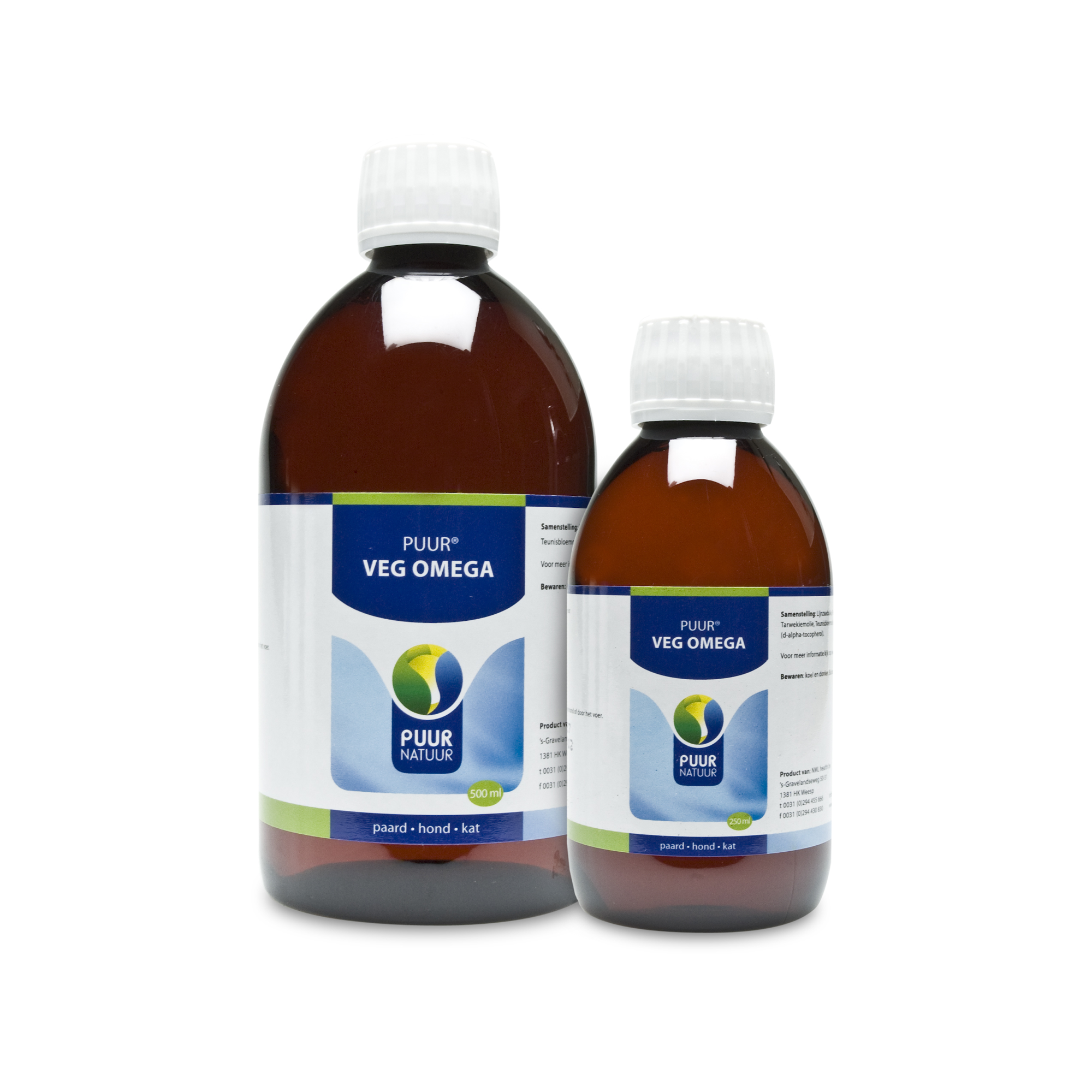Vitamin A
Vitamin A is required for growth, sight and reproduction, which is why it is very important for your cat to receive a sufficient amount. Vitamin A is mainly obtained from cat food that contains meat. A deficiency of this vitamin can cause night blindness and impair organ’s mucous membrane. However, vitamin A is also toxic in excess as it can cause hardening of soft tissue.
Vitamin B
Vitamin B is required for growth and metabolism, and, besides, certain types of vitamin B are required for the production of blood. Vitamin B is mainly found in meat, fish and milk. A vitamin B deficiency can stunt growth, cause problems with metabolism and even lead to a loss of appetite, skin conditions, muscle cramps and depression.
Vitamin D
Vitamin D is necessary for bone development and maintenance and is mainly found in meat and butter. A vitamin D deficiency can lead to rickets, but, like vitamin A, it is toxic in excess and can lead to poisoning and bone calcification.
Vitamin E
Like vitamin A, Vitamin E is required for reproduction and the immune system in cats. Vitamin E is mainly found in liver, fish and butter. In cats, a vitamin E deficiency can lead to muscle damage.
At Vetsend you can find a range of multivitamins and nutritional supplements for cats, which can be used to help alleviate illness or preventively to maintain their immune system.
If you have doubts about your cat’s health, please do not hesitate to consult your veterinarian. They will be able to advise you on the best course of action.



